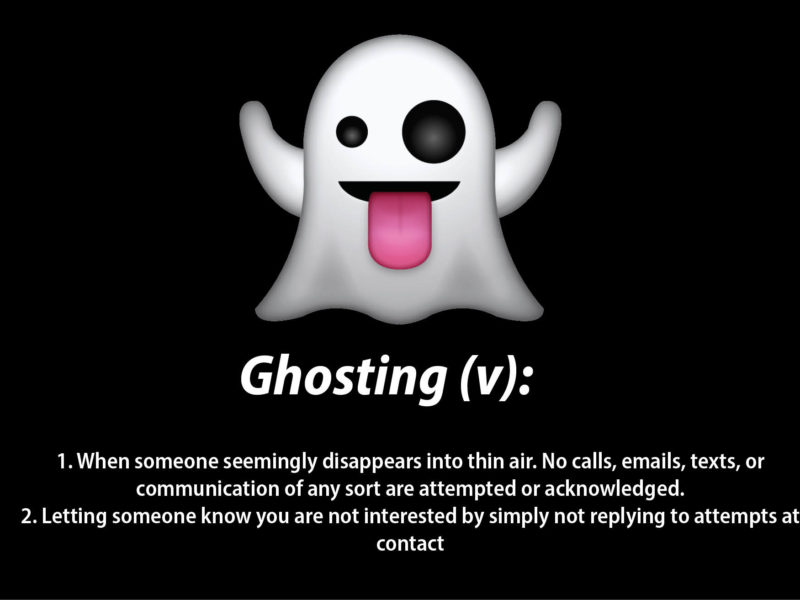Questioning the Questioner, Pt. I
When you interview, it is a two way-dialogue, or at least it is supposed to be. Participating in the hiring process is not just about them evaluating you, although most interviewers might like for you to have this impression, because it makes their job easier. Sure, you’re among others, sometimes many others in pursuit of the same position and it’s incumbent upon you to demonstrate why you are the best choice. Yet many people feel as if they are on the defensive, although it is their own mindset having placed them in that position. Of course the pressure is on as you seek to rate highly enough on their scale for a call back and subsequent interview step. But it’s not and never is only about evaluating you, you are also evaluating them. Along with the job specs and responsibilities, the people you meet are a reflection of the organization which you could potentially be joining. Very often before they walk into the first interview, or participate in a telephone interview, some people have already handicapped themselves with the anxiety of placing all of the pressure on themselves. Why?
And what about the interviewers – they are not always as prepared as they should be. Nobody has all the answers all of the time, you won’t and very often, they don’t. Perhaps, they may be very knowledgeable about the job for which you’re applying but wouldn’t really be able to recognize good talent if it’s sitting right in front of them. Worse yet, some interviewers are just sleep walking through the process, running down a list of questions someone gave to them, and they would have no better answers than you if the tables were turned. There is more pressure on the applicant, as it should be, because unless you were a recruited candidate, you knocked on their door. Nonetheless, you also have a responsibility to evaluate the interviewer. And why not? They are a representative of their company in a position to determine if you will gain further consideration. I’ve known some very nice HR and management folks with good intentions who haven’t a clue how to really conduct an interview much less evaluate the capability or intent of the people they interview. Likewise, an applicant might depart the interview scratching their head wondering what they just experienced when they reflect on some of the questions and the manner in which they were asked.
Here’s an example: I had recently asked followers of this blog on Facebook for some examples of the silliest questions people have encountered during an interview and one caught my attention. During the interview they were asked, “What methods do you use to communicate with co-workers?” Unless they are referring to sign language I assume it would be by verbal means because very few of us have yet mastered telepathy and you just can’t rely solely on body language. That was a joke but seriously, I am sure someone somewhere thinks that is a clever question, but I found it to be ridiculous. Most likely it was poorly formulated because I haven’t a clue what they want to know. Anytime you get a very vague or general question, don’t lose your calm or concentration and don’t let it throw you, if you don’t understand the question – such as this one, toss that grenade back into the interviewer’s lap. For a moment let’s role play, ask the interviewer, “Can you be more specific, or suggest an example of what you mean?” It’s possible you’ll get a blank stare as they search for how to respond because they probably don’t even know the answer. Or they’ll toss back to you, as is, in which case you can suggest, “That’s a rather broad question and it depends on the individual and what’s being discussed, everyone’s different.”Now elaborate, using your interpersonal communication skills and illustrate with examples of your experiences regarding the subject.
(Part II will be continued on Monday)
Feel free to discuss this post (no registration required).



